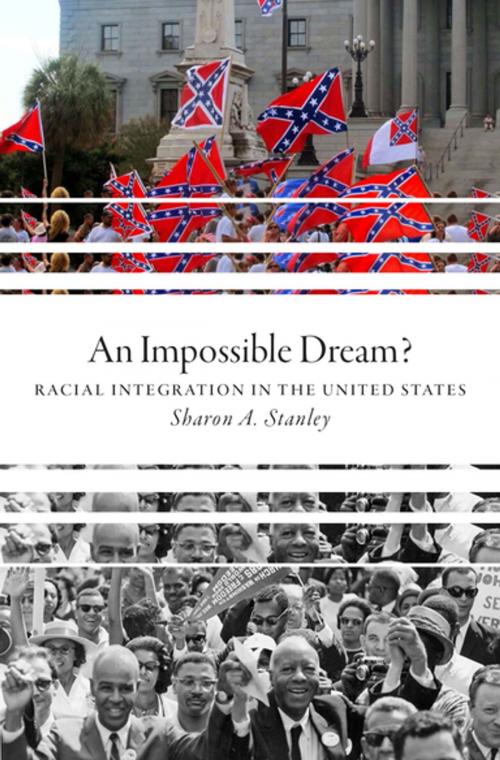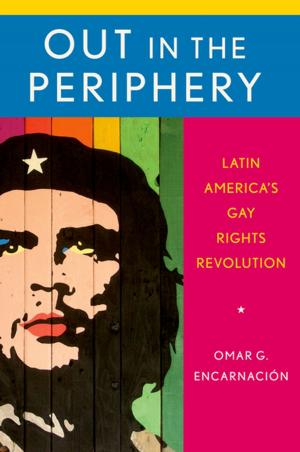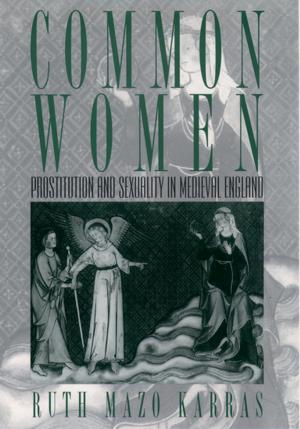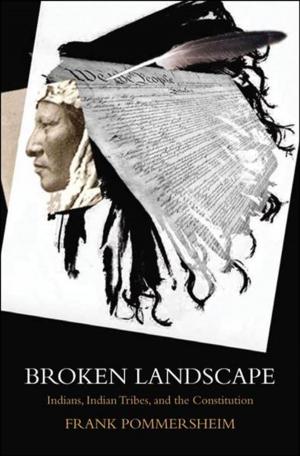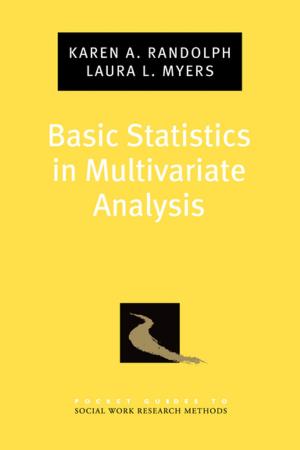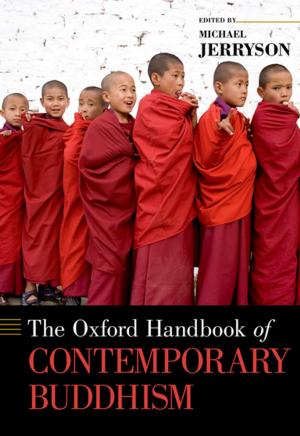An Impossible Dream?
Racial Integration in the United States
Nonfiction, Social & Cultural Studies, Political Science, Government, Local Government, Politics, History & Theory, Social Science| Author: | Sharon A. Stanley | ISBN: | 9780190639990 |
| Publisher: | Oxford University Press | Publication: | March 1, 2017 |
| Imprint: | Oxford University Press | Language: | English |
| Author: | Sharon A. Stanley |
| ISBN: | 9780190639990 |
| Publisher: | Oxford University Press |
| Publication: | March 1, 2017 |
| Imprint: | Oxford University Press |
| Language: | English |
Contemporary debate over the legacy of racial integration in the United States rests between two positions that are typically seen as irreconcilable. On one side are those who argue that we must pursue racial integration because it is an essential component of racial justice. On the other are those who question the ideal of integration and suggest that its pursuit may damage the very population it was originally intended to liberate. In An Impossible Dream? Sharon A. Stanley shows that much of this apparent disagreement stems from different understandings of the very meaning of integration. In response, she offers a new model of racial integration in the United States that takes seriously the concerns of longstanding skeptics, including black power activists and black nationalists. Stanley reformulates integration to de-emphasize spatial mixing for its own sake and calls instead for an internal, psychic transformation on the part of white Americans and a radical redistribution of power. The goal of her vision is not simply to mix black and white bodies in the same spaces and institutions, but to dismantle white supremacy and create a genuine multiracial democracy. At the same time, however, she argues that achieving this model of integration in the contemporary United States would be extraordinarily challenging, due to the poisonous legacy of Jim Crow and the hidden, self-reinforcing nature of white privilege today. Pursuing integration against a background of persistent racial injustice might well exacerbate black suffering without any guarantee of achieving racial justice or a worthwhile form of integration. As long as the future of integration remains uncertain, its pursuit can neither be prescribed as a moral obligation nor rejected as intrinsically indefensible. In An Impossible Dream? Stanley dissects this vexing moral and political quandary.
Contemporary debate over the legacy of racial integration in the United States rests between two positions that are typically seen as irreconcilable. On one side are those who argue that we must pursue racial integration because it is an essential component of racial justice. On the other are those who question the ideal of integration and suggest that its pursuit may damage the very population it was originally intended to liberate. In An Impossible Dream? Sharon A. Stanley shows that much of this apparent disagreement stems from different understandings of the very meaning of integration. In response, she offers a new model of racial integration in the United States that takes seriously the concerns of longstanding skeptics, including black power activists and black nationalists. Stanley reformulates integration to de-emphasize spatial mixing for its own sake and calls instead for an internal, psychic transformation on the part of white Americans and a radical redistribution of power. The goal of her vision is not simply to mix black and white bodies in the same spaces and institutions, but to dismantle white supremacy and create a genuine multiracial democracy. At the same time, however, she argues that achieving this model of integration in the contemporary United States would be extraordinarily challenging, due to the poisonous legacy of Jim Crow and the hidden, self-reinforcing nature of white privilege today. Pursuing integration against a background of persistent racial injustice might well exacerbate black suffering without any guarantee of achieving racial justice or a worthwhile form of integration. As long as the future of integration remains uncertain, its pursuit can neither be prescribed as a moral obligation nor rejected as intrinsically indefensible. In An Impossible Dream? Stanley dissects this vexing moral and political quandary.
